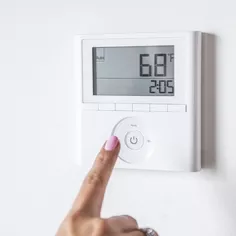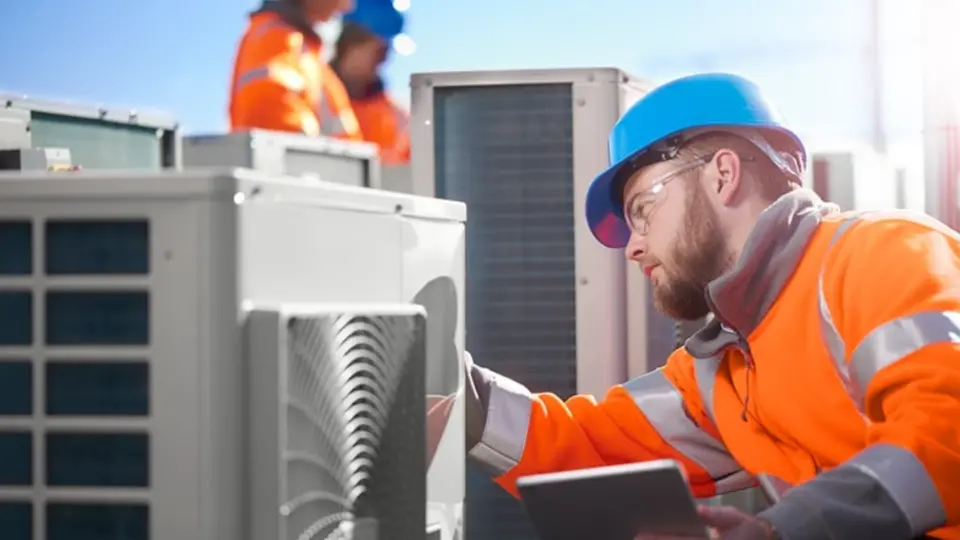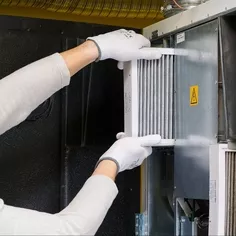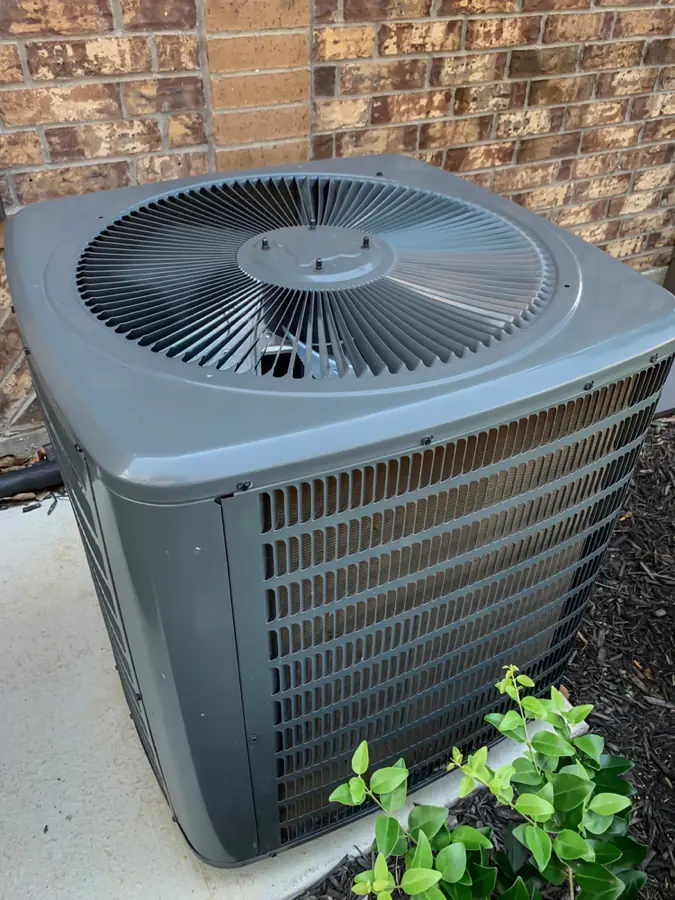When the summer heat hits, homeowners start looking for ways to keep their homes cool and comfortable. One question that often comes up is whether closing the garage door in the summer can help extend the life of your HVAC system. It seems like such a minor detail, but it can actually make a significant difference in how efficiently your HVAC system operates.
If you’re curious about optimizing your home’s cooling efficiency, read on to discover why this small change can have a big impact.
Understanding Your HVAC System
Your HVAC system works hard to keep a comfortable temperature in your home. In the summer, it cools down the hot air outside and circulates cool air inside. This process requires a lot of energy, and the harder your HVAC system has to work, the more wear and tear it experiences. This is why finding ways to reduce the workload on your HVAC system is crucial.
Common Myths About Garage Doors and HVAC Efficiency
For homeowners who are skeptical about the impact of closing the garage door on HVAC efficiency, let’s clear up some common misconceptions:
- Myth 1: A Closed Garage Door Makes No Difference: Some people believe that closing the garage door has little to no impact on indoor temperature. However, as we’ve discussed, a closed garage door can significantly reduce heat transfer and improve your system’s efficiency.
- Myth 2: Insulation Isn’t Necessary: Another common myth is that garage door insulation doesn’t matter. In reality, insulation can greatly help keep temperatures steady and reduce the workload on your HVAC system.
- Myth 3: Ventilation Is a Waste of Time: Some homeowners think that ventilating the garage is unnecessary. Proper ventilation can help dissipate heat and keep the garage temperature more manageable, supporting overall home cooling efforts.
The Role of Your Garage in Home Temperature Regulation
The garage is more than just a space to park your car or store tools. It’s a significant buffer zone between the outside elements and your home’s interior. During the summer, garages can become incredibly hot, often reaching temperatures much higher than the outside air. This heat can enter your home, making your HVAC system work harder to keep it cool and comfortable.
How Closing Your Garage Door Helps
Closing your garage door during the summer can create a barrier that helps reduce the amount of hot air entering your home. Here’s how this simple action can benefit your HVAC system:
- Reduced Heat Transfer: When the garage door is closed, it prevents the intense summer heat from directly entering your garage. This reduces the overall temperature inside the garage, which in turn, lessens the amount of heat that seeps into your home.
- Improved Insulation: A closed garage door acts as an additional layer of insulation. Many modern garage doors are built with insulation features that help keep the garage temperature more stable. This improved insulation means your HVAC system doesn’t have to work as hard to cool your home.
- Lower Energy Consumption: By reducing the amount of heat that enters your home from the garage, your HVAC system can operate more efficiently. This leads to lower energy consumption and can result in significant savings on your utility bills.
- Protects Your HVAC System: Reducing the workload on your HVAC system helps extend its lifespan. Less strain means fewer repairs and a longer life for your system.

Additional Tips to Keep Your HVAC System Running Smoothly
While closing your garage door is a great start, there are other steps you can take to ensure your HVAC system runs efficiently and lasts longer:
- Regular Maintenance: Book regular check-ups with a professional HVAC technician. This helps catch problems early and keeps your system running smoothly.
- Change Filters Regularly: Clean or replace your HVAC filters every 1-3 months. With the dirt blocking your filter, it will make your system work harder that needed.
- Seal Leaks and Insulate: Ensure your home is properly insulated and seal any leaks around windows and doors. This helps keep the cool air inside and reduces the load on your HVAC system.
- Use a Programmable Thermostat: A programmable thermostat lets you set different temperatures for various times of the day, thus reducing strain on your HVAC and helping you save energy.
The Impact of a Well-Ventilated Garage
If closing your garage door in the summer helps your HVAC system, does that mean your garage should remain closed at all times? Not necessarily. Proper ventilation in your garage is also important. Here are some tips to maintain a well-ventilated garage without compromising your HVAC system’s efficiency:
- Install Vents or Exhaust Fans: Consider installing vents or exhaust fans in your garage to help expel hot air and improve air circulation.
- Use Insulated Garage Doors: Insulated garage doors can help keep the heat out during the summer and retain heat during the winter, maintaining a more stable temperature in your garage.
- Create Shaded Areas: If you can, create shaded areas around your garage to block direct sunlight. This can greatly lower the temperature inside your garage.
Closing your garage door in the summer is just one piece of the puzzle when it comes to enhancing your home’s energy efficiency and extending the life of your HVAC system. Here are a few more strategies to consider:
- Upgrade Windows and Doors:Energy-efficient windows and doors keep hot air out of your home and make your HVAC system work less.
- Make Your Ceiling Fans Work: Ceiling fans can help circulate cool air and reduce the need for your HVAC system to run constantly.
- Plant Trees and Shrubs: Landscaping with trees and shrubs can offer natural shade and lower the heat that enters your home.
When to Call the Experts
While closing your garage door and insulating it can make a significant difference, sometimes professional help is needed to optimize your home’s cooling efficiency. HVAC professionals can assess your system, provide maintenance, and suggest improvements to enhance performance.
Make the Most of Your Garage and HVAC System
Closing your garage door in the summer is a simple yet effective way to extend the life of your HVAC system. By reducing heat transfer, improving insulation, and ensuring proper ventilation, you can create a more comfortable and energy-efficient home. These steps not only benefit your HVAC system but also lead to lower energy bills and a smaller carbon footprint.
Trust the Experts at Elite Air & Heat, LLC
If you’re looking to maximize your home’s cooling efficiency and extend the life of your HVAC system, consider reaching out to our pros at Elite Air & Heat, LLC. With our expertise, you can ensure your home stays cool and comfortable all summer long.
Reach out to us today by calling (803) 219-4335 to book an assessment and start making your home more efficient.




